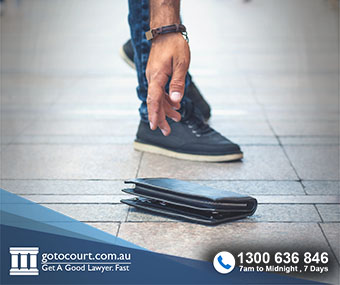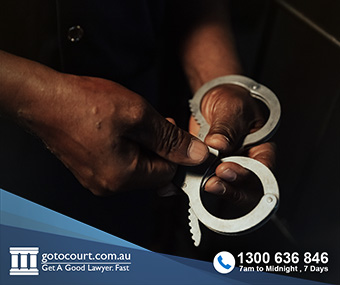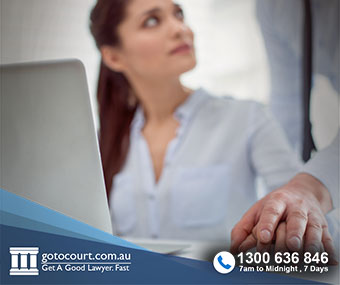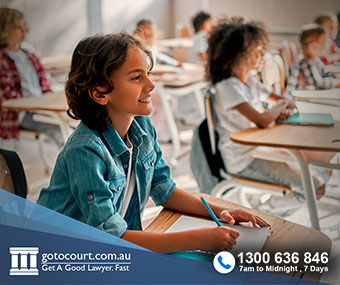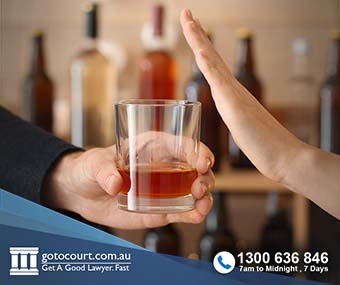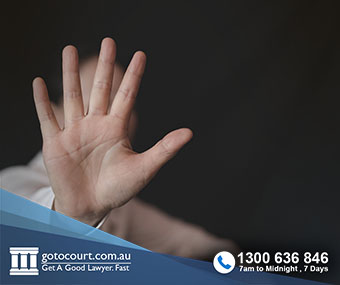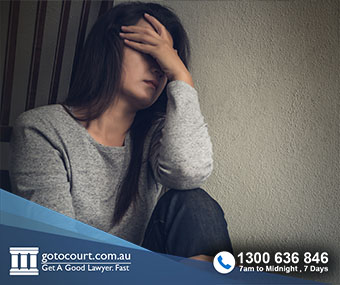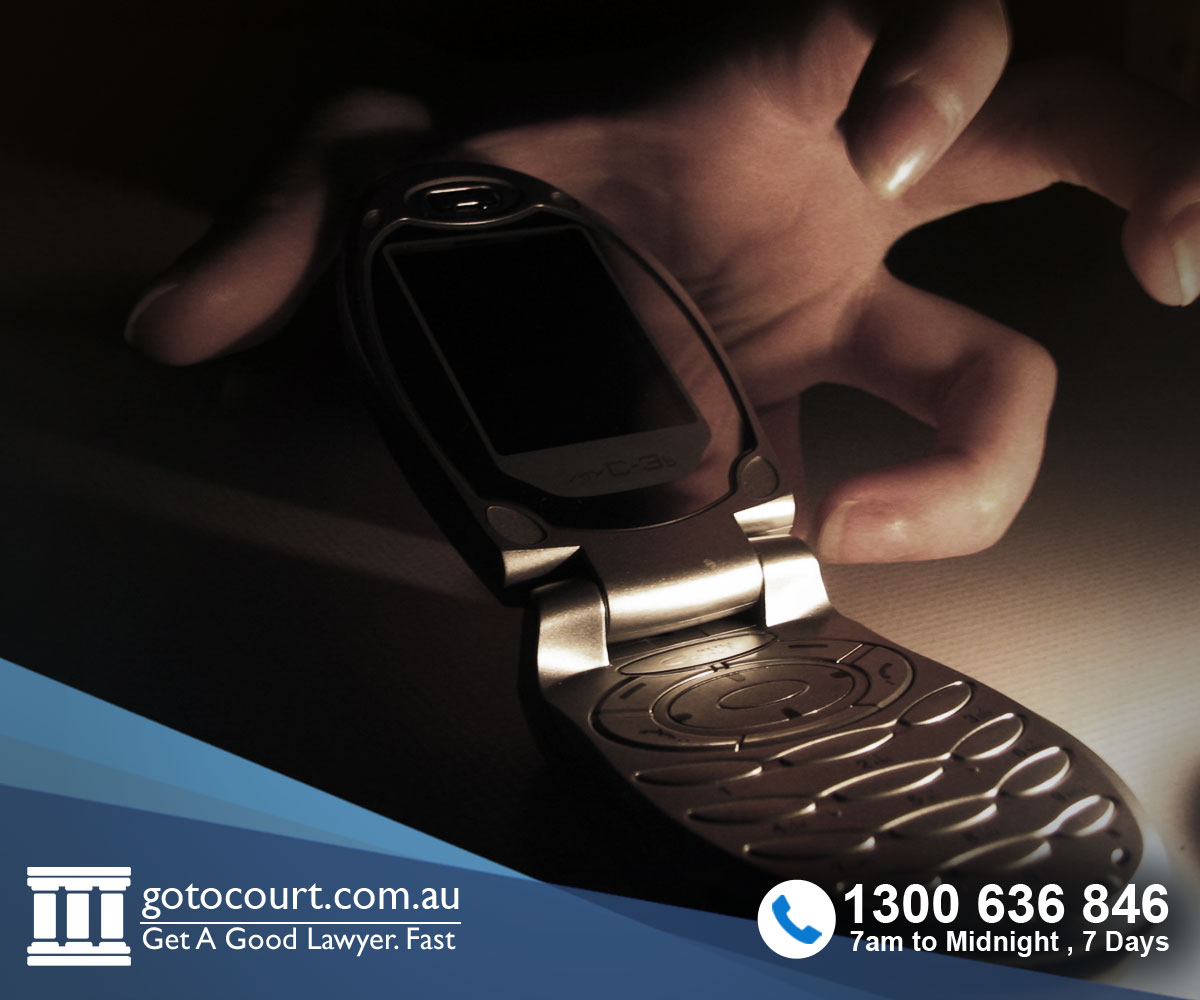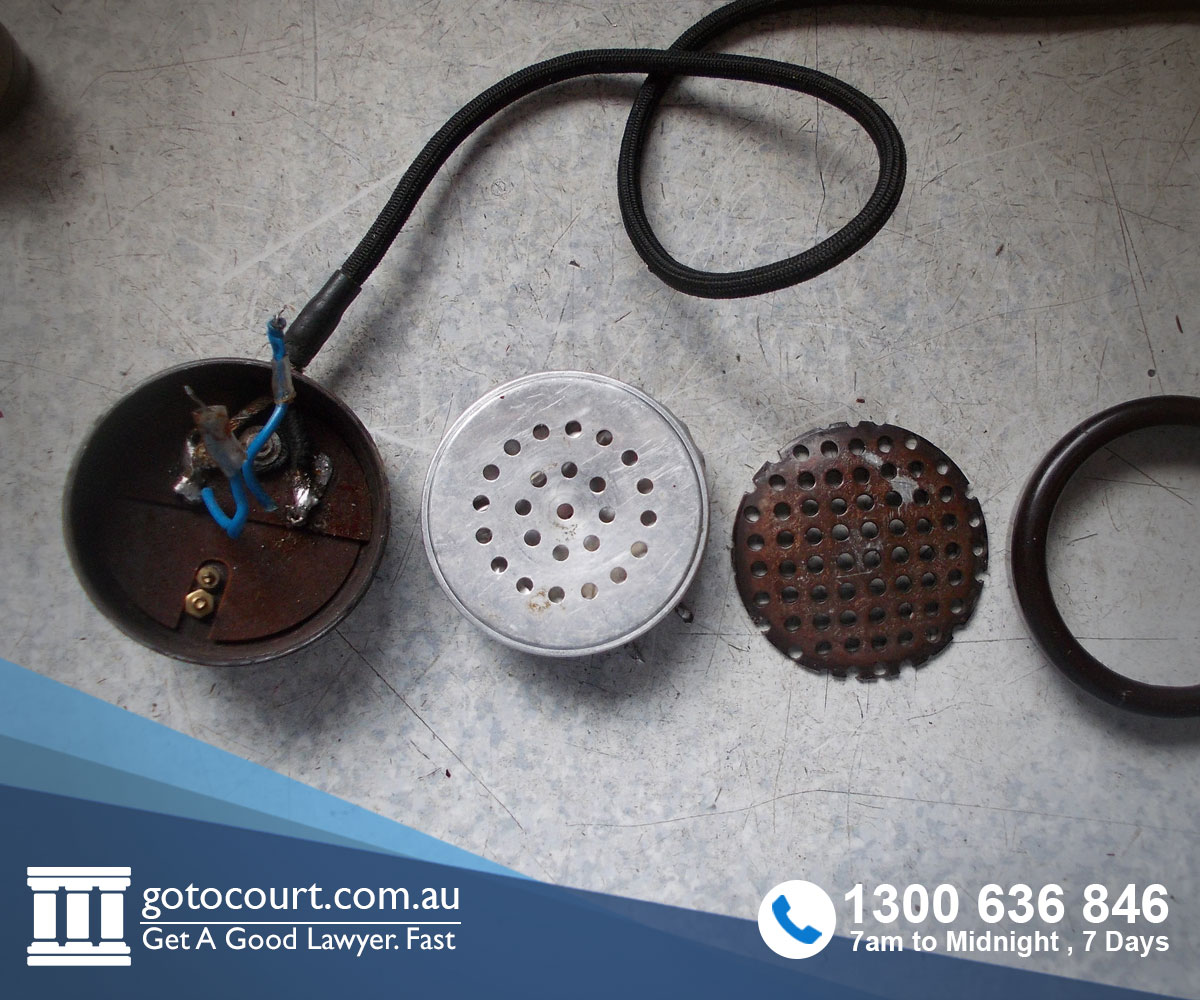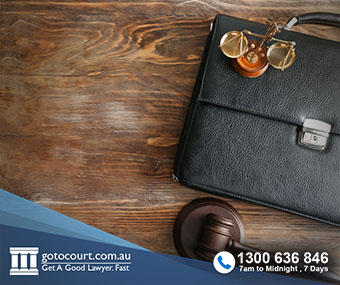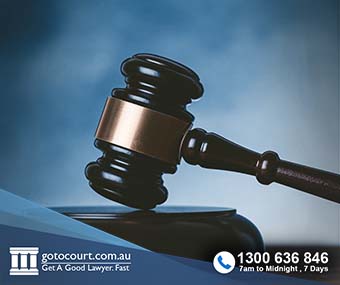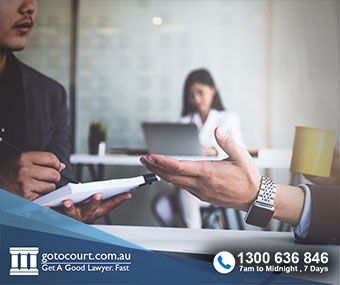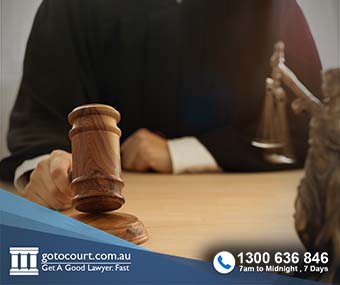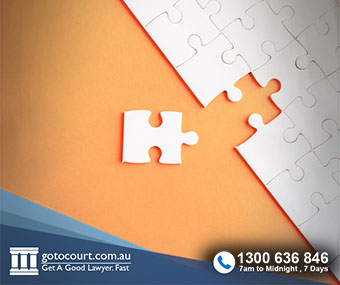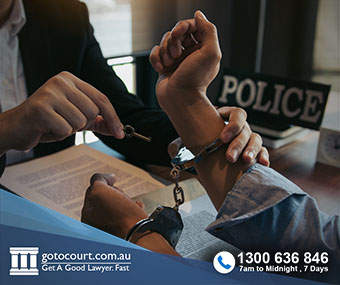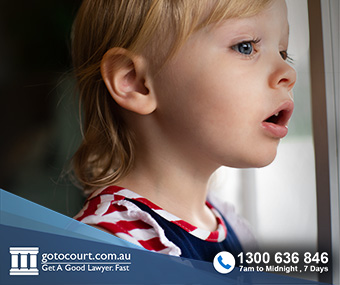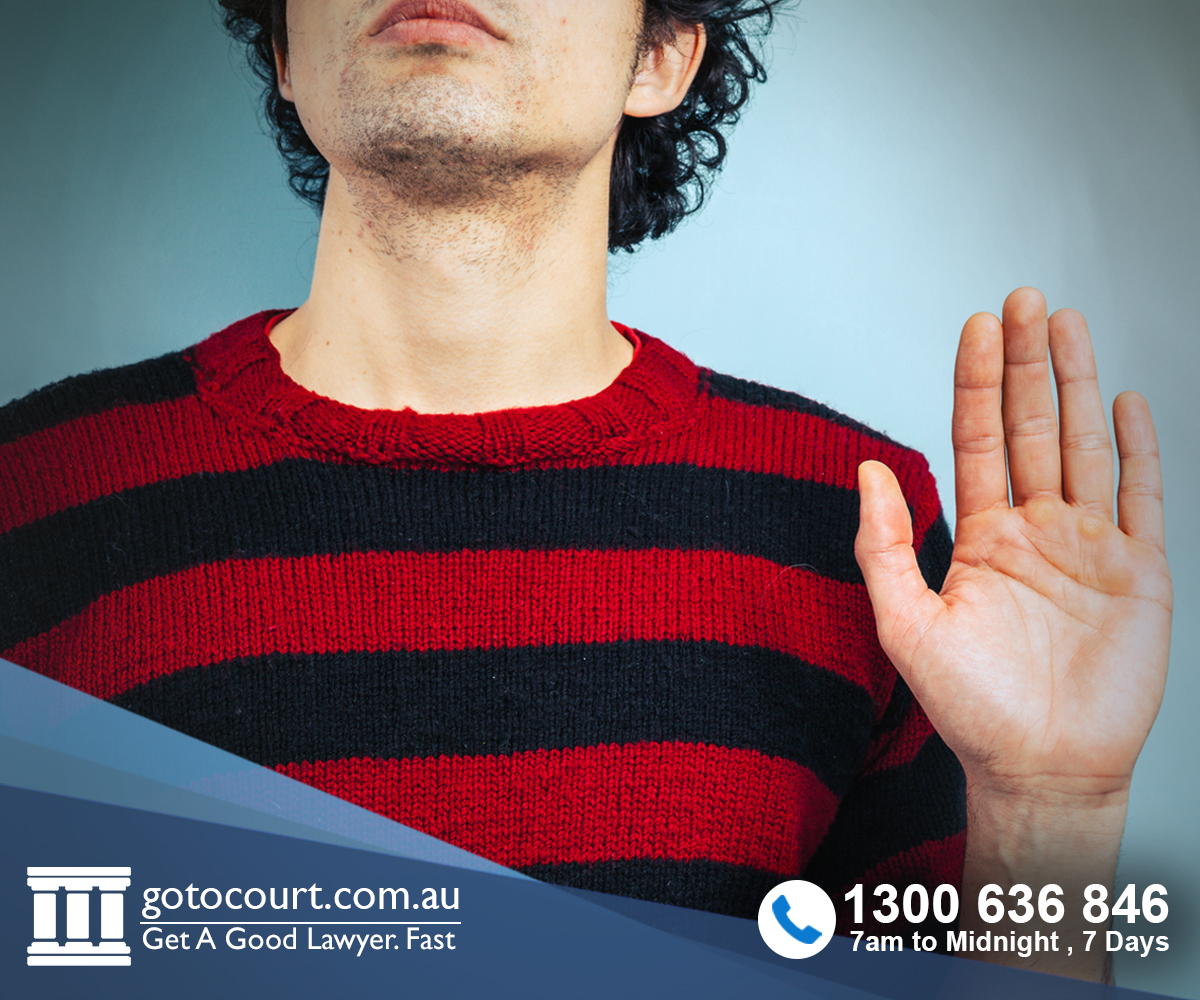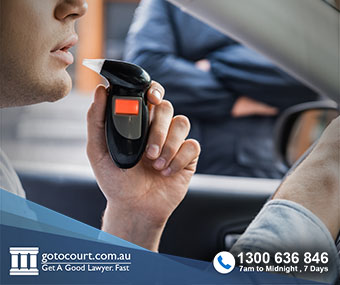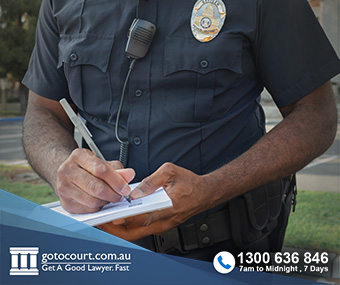Call our lawyers
now
or,
have our lawyers
call you
Child Witnesses (NSW)
Updated on Nov 22, 2022 • 4 min read • 585 views • Copy Link
Child Witnesses (NSW)
It is common for courts to hear evidence from children in criminal matters. Child witnesses are often the alleged victims of crimes but they may also give evidence in circumstances where they are not directly involved in the alleged offence.
Child witnesses are competent to give evidence provided they can demonstrate that they understand the difference between truth and lies. How the court will establish this depends on the age and maturity of the child.
When child witnesses give evidence in court, different procedures are followed from when adults give evidence. Particular measures can be taken to ensure the child feels comfortable and is not unnecessarily traumatised.
Competence
Under Section 13 of the Evidence Act, it is presumed that persons, including child witnesses, are competent to give evidence. However, either party can raise the issue of competency if they believe it is in doubt.
A person is not competent to give evidence about a fact if:
- They are unable to understand a question about the fact;
- They are unable to give an answer that can be understood.
A person can be competent to give evidence about some facts but not about others. If a person is unable to take an oath, they may give unsworn evidence after being told by the court that they must tell the truth and must not feel pressured to agree with statements that are untrue.
If the court finds that a child is not competent to give evidence, the child will not be called as a witness and any previous statements they have given will be precluded.
Judicial warnings
A judge must not warn or say anything to the jury to suggest that the evidence of children, in general, is unreliable or less credible than the evidence of adults. However, a judge may warn the jury that the evidence of a particular child is unreliable and explain the reasons.
Vulnerable persons
Under the Criminal Procedure Act 1986, children under 16 are classed as ‘vulnerable persons’ along with cognitively impaired people, such as those with an intellectual disability or a severe mental illness.
Evidence in chief
The Criminal Procedure Act allows for vulnerable witnesses to give their evidence under conditions that make the experience easier for them. This includes giving their evidence in chief by way of a pre-recorded interview, if one was completed by the police. Such a pre-recorded video may be edited to remove any inadmissible statements the child made, prior to being played in court.
Cross-examination
When child witnesses face cross-examination, this is generally done by way of closed-circuit TV, rather than from within the court room. Giving evidence in this way allows child witnesses to remain in a separate room from the accused and to be shielded from the hostility and formality of the court room. The cameras are positioned so that the child cannot see the accused and child witnesses are allowed to take as many breaks as they need, to minimise their discomfort.
Where closed-circuit TV facilities are not available, a vulnerable witness may be permitted to give evidence in some alternative way, such as from behind a screen in the courtroom or from alternative premises.
A vulnerable witness is also permitted to have a support person, such as a parent or friend, sit with them while they are giving their evidence.
Law reform
Research has documented the problems involved in having children give evidence in an adult-oriented court system. These include children being asked to recount events months or years after they occurred, being questioned in inappropriate language, having to face the alleged offender and being subjected to stress and trauma.
A lot of child witnesses complain that they are unhappy with the experience of giving evidence and feel that they were not allowed to say what they wanted to say.
There is concern that the stress of giving evidence may adversely affect the reliability of a child’s evidence. Steps that can be taken to mitigate this include modifying the court environment, fully preparing children for giving evidence and better training for the lawyers and other professionals involved with child witnesses.
If you require legal advice or representation in a criminal law matter or in any other legal matter, please contact Go To Court Lawyers.

Affordable Lawyers
Our Go To Court Lawyers will assist you in all areas of law. We specialise in providing legal advice urgently – at the time when you need it most. If you need a lawyer right now, today, we can help you – no matter where you are in Australia.How It Works







1. You speak directly to a lawyer
When you call the Go To Court Legal Hotline, you will be connected directly to a lawyer, every time.


2. Get your legal situation assessed
We determine the best way forward in your legal matter, free of charge. If you want to go ahead and book a face-to-face appointment, we will connect you with a specialist in your local area.


3. We arrange everything as needed
If you want to go ahead and book a fact-to-face appointment, we will connect you with a specialist in your local area no matter where you are and even at very short notice.

